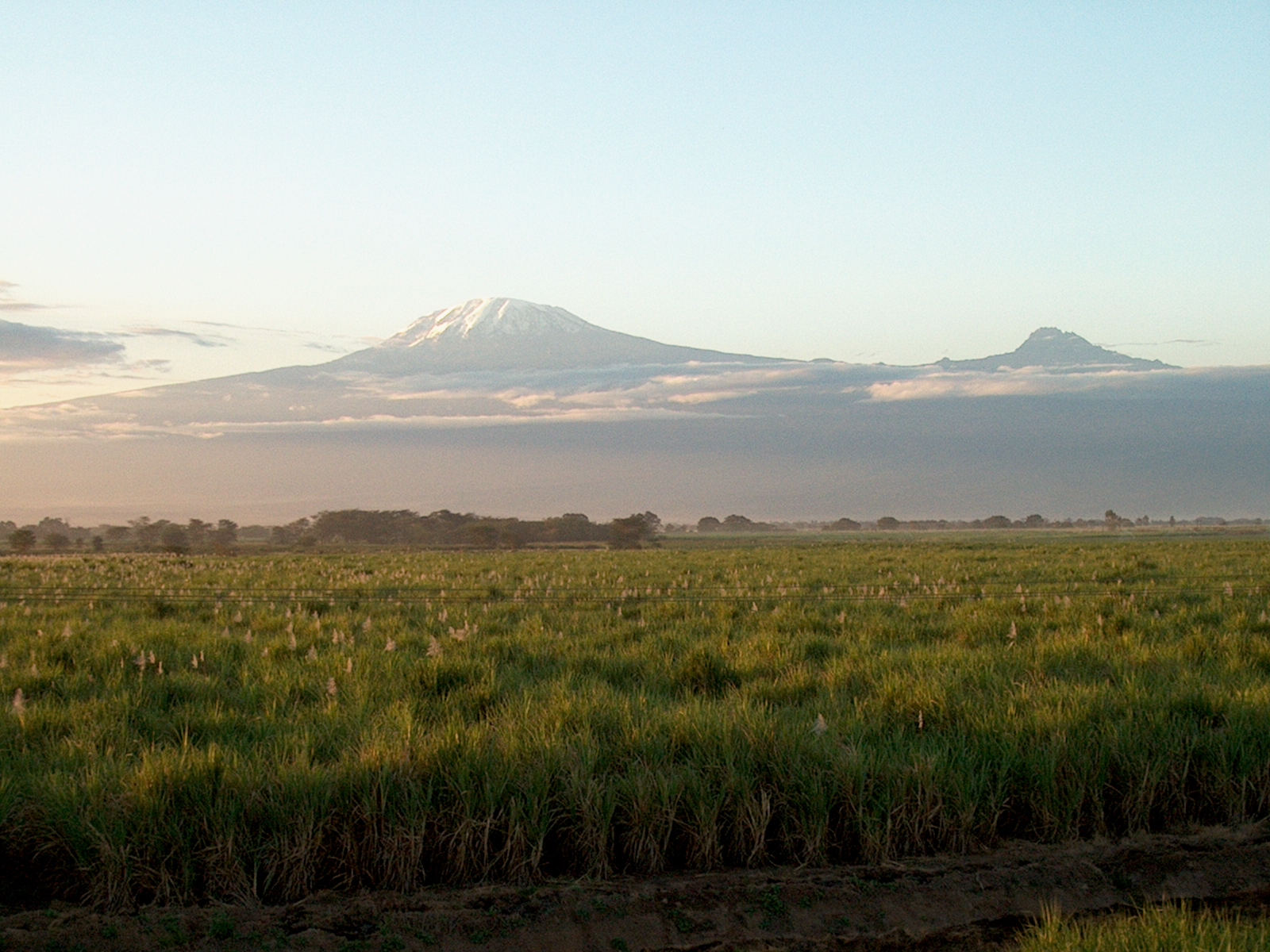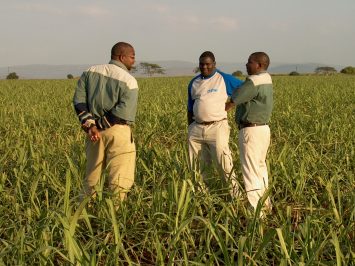A sweet deal? Sugarcane, water and agricultural transformation in Sub-Saharan Africa
01/12/2016

There is a lot of discussion at the moment about the health effects of sugar consumption but have you thought about where your sugar comes from and what impact growing sugar has on the people and environment where it is produced? Sugarcane is an economically important crop for many Sub-Saharan Africa (SSA) countries that benefit from high production potential, low costs of production and proximity, and access to European markets.
Significant expansion of this “high impact” crop is likely to have major impacts on agricultural land use and water resources, livelihoods, food security and ecosystem services, whilst potentially providing major infrastructure and economic benefits.
As part of a Belmont Forum funded project, we conducted a systematic review of scientific evidence and combined this with information from key informants, stakeholders and a research-industry workshop. We critically assessed the impacts of sugarcane development on water, soil and air quality, employment, food security and human health.
 There are numerous examples where the water, social and environmental impacts of cane production are directly dependent on the quality of scheme, nature of the production system and farm management. Good agricultural management practices can reduce losses of herbicide, nutrients and atmospheric pollutants; carbon sequestration can be increased; and the impacts of burning can be significantly reduced when the crop is harvested “green”. In short, our analysis showed that sugarcane production is, in general, neither explicitly good nor bad, sustainable nor unsustainable.
There are numerous examples where the water, social and environmental impacts of cane production are directly dependent on the quality of scheme, nature of the production system and farm management. Good agricultural management practices can reduce losses of herbicide, nutrients and atmospheric pollutants; carbon sequestration can be increased; and the impacts of burning can be significantly reduced when the crop is harvested “green”. In short, our analysis showed that sugarcane production is, in general, neither explicitly good nor bad, sustainable nor unsustainable.
This suggests a critical role for multi-disciplinary, multi-scale analysis and planning as a foundation for any further expansion of the sector – an approach that is intrinsic here at Cranfield. This type of integrated analysis will be particularly important in relation to both water and livelihoods within the growth or development corridors that are now planned in many SSA countries as a means to drive economic growth.
The impacts of expansion of sugarcane production on the environment and society will ultimately depend on the global political economy of sugar, the local context, quality of scheme, nature of the production system and farm management. Despite threats from a changing climate and trade relationships with the EU, agricultural development policies are driving national and international interest and investment in sugarcane in SSA, with expansion likely to play a critically important role in sustainable development in the region.
Our findings will help guide researchers and policy makers with new insights in understanding environmental and social impacts associated with alternative sugar economy models, production technologies and qualities of management. Sugarcane may not be everyone’s favourite crop, but it plays a crucial role in SSA, and if properly managed can bring benefits well beyond adding some sweetness to your morning brew.
Categories & Tags:
Leave a comment on this post:
You might also like…
Setting up a shared group folder in a reference manager
Many of our students are now busy working on their group projects. One easy way to share references amongst a group is to set up group folders in a reference manager like Mendeley or Zotero. ...
Company codes – CUSIP, SEDOL, ISIN…. What do they mean and how can you use them in our Library resources?
As you use our many finance resources, you will probably notice unique company identifiers which may be codes or symbols. It is worth spending some time getting to know what these are and which resources ...
Supporting careers in defence through specialist education
As a materials engineer by background, I have always been drawn to fields where technical expertise directly shapes real‑world outcomes. Few sectors exemplify this better than defence. Engineering careers in defence sit at the ...
What being a woman in STEM means to me
STEM is both a way of thinking and a practical toolkit. It sharpens reasoning and equips us to turn ideas into solutions with measurable impact. For me, STEM has never been only about acquiring ...
A woman’s experience in environmental science within defence
When I stepped into the gates of the Defence Academy it was the 30th September 2019. I did not know at the time that this would be the beginning of a long journey as ...
Working on your group project? We can help!
When undertaking a group project, typically you'll need to investigate a topic, decide on a methodology for your investigation, gather and collate information and data, share your findings with each other, and then formally report ...







Just great! Agricultural engineers are needed in this work. http://www.agriengrs.com/others/what-is-agricultural-engineering/